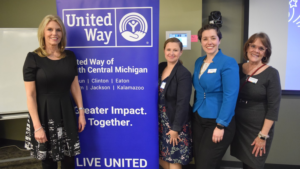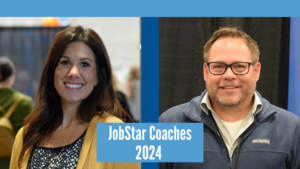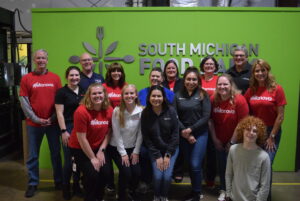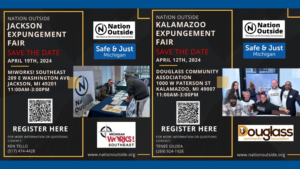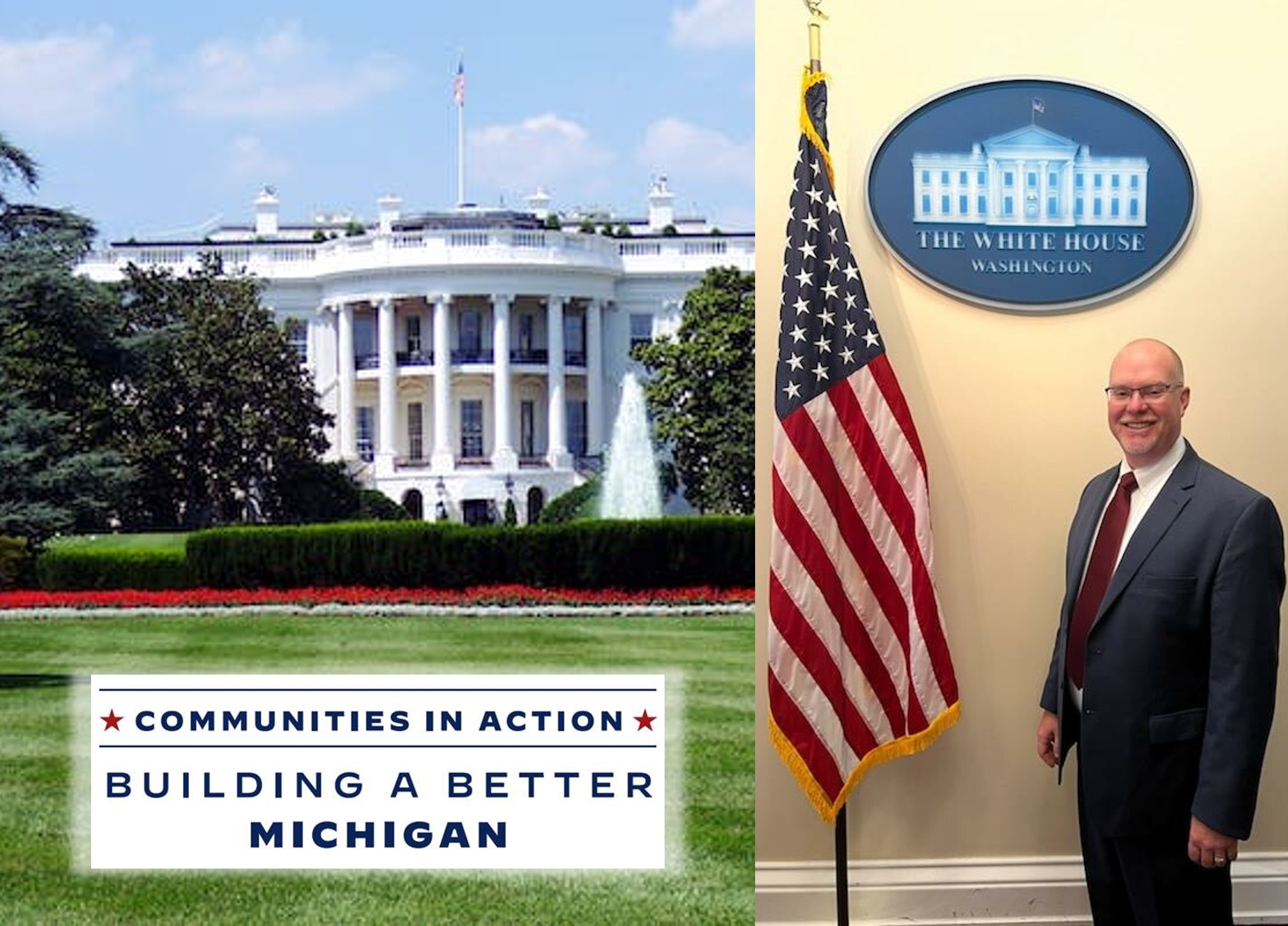
Editor’s note: On Oct. 12, United Way representatives from Michigan met with U.S. Vice President Kamala Harris and other administration officials at the White House. They shared how United Ways across the state have collaborated with local elected officials, nonprofits and other partners to help communities recover from the economic effects of COVID-19. Chris Sargent, President & CEO of United Way of South Central Michigan, offers his thoughts on the experience.
Before this week, the closest I’d been to the West Wing was watching the TV show. Now I know the real thing is a lot more impressive!
That said, it wasn’t the most remarkable part of my White House visit. Here’s what stood out for me: Talking about United Way’s role in shepherding federal dollars to our communities and to financially struggling families. Hearing how partners count on collaboration to build stronger, equitable communities.
That was moving and memorable.
The meeting in Washington D.C., called “Communities In Action: Building a Better Michigan,” gathered about 30 elected officials and leaders from nonprofits, veterans groups, senior groups and labor. I’m proud to have been invited, along with Jamie Gaskin, CEO of United Way of Genesee County; and Eric Davis, Vice President of Basic Needs, Health and Outreach for United Way of Southeastern Michigan.
Our United Ways and others in Michigan invested or administered more than $140 million from the American Rescue Plan Act (ARPA) of 2021 and the Coronavirus Aid, Relief and Economic Security (CARES) Act of 2020. We’ve been working with local partners and government to meet critical needs in our communities, including food and shelter; access to health care; stabilizing the local economy through business-focused grants; addressing gun violence; providing volunteer help with income tax returns; and making sure nonprofits were stable and equipped to continue serving local people.
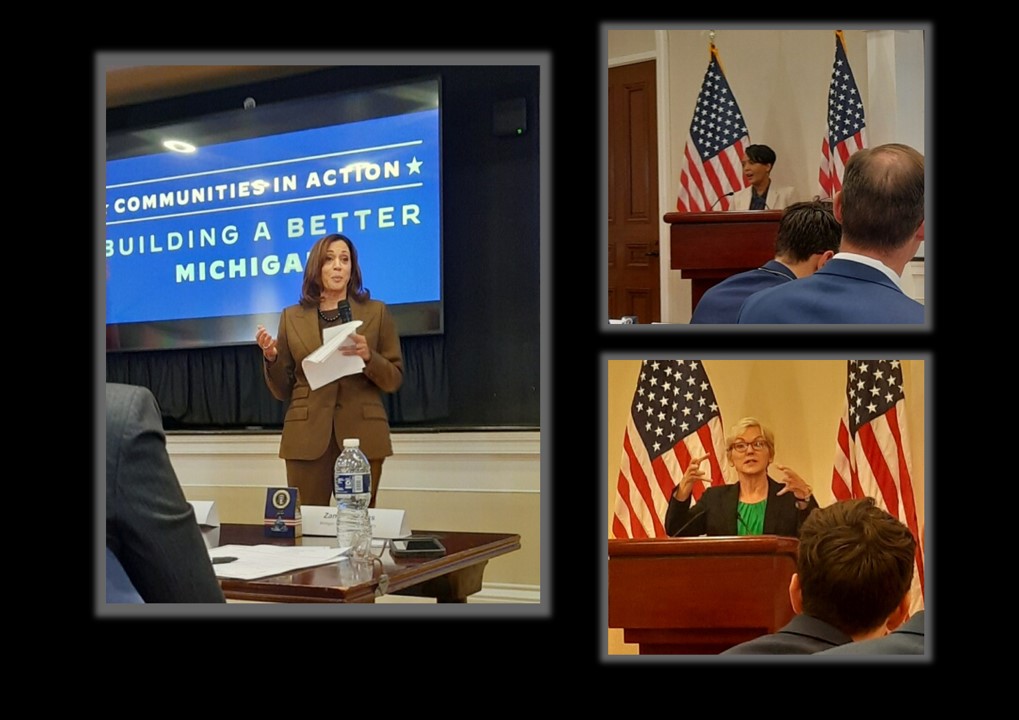
The session offered a great opportunity to share stories about how, by working together, we are supporting children and families—meeting basic needs, helping ALICE* families build financial stability, creating good-paying jobs, strengthening programs that help make our state and our communities safer, more equitable, and much more.
The question now is, what’s next?
During our conversations, I made an important point: Partnership like this works. It changes lives, and not just for a moment. Our collective work is helping local economies rebound. Families facing poverty are instead building better lives. Hope is replacing despair.
When government, communities and nonprofits work together, we can make an incredible and positive impact in the lives of countless Americans. That’s good for them, for our communities, and for our nation.
I’m eager to see us build on this partnership. I’m inspired by the thought of exploring more ways to work together and create lasting change.
Together. That’s how greater impact really happens.
* * * *
United Way invites you to be part of this crucial work. Your financial support drives meaningful, lasting change. And your local gift will be invested locally. Go to unitedforscmi.org/donate.
.
* ALICE = Asset Limited, Income Constrained, Employed

